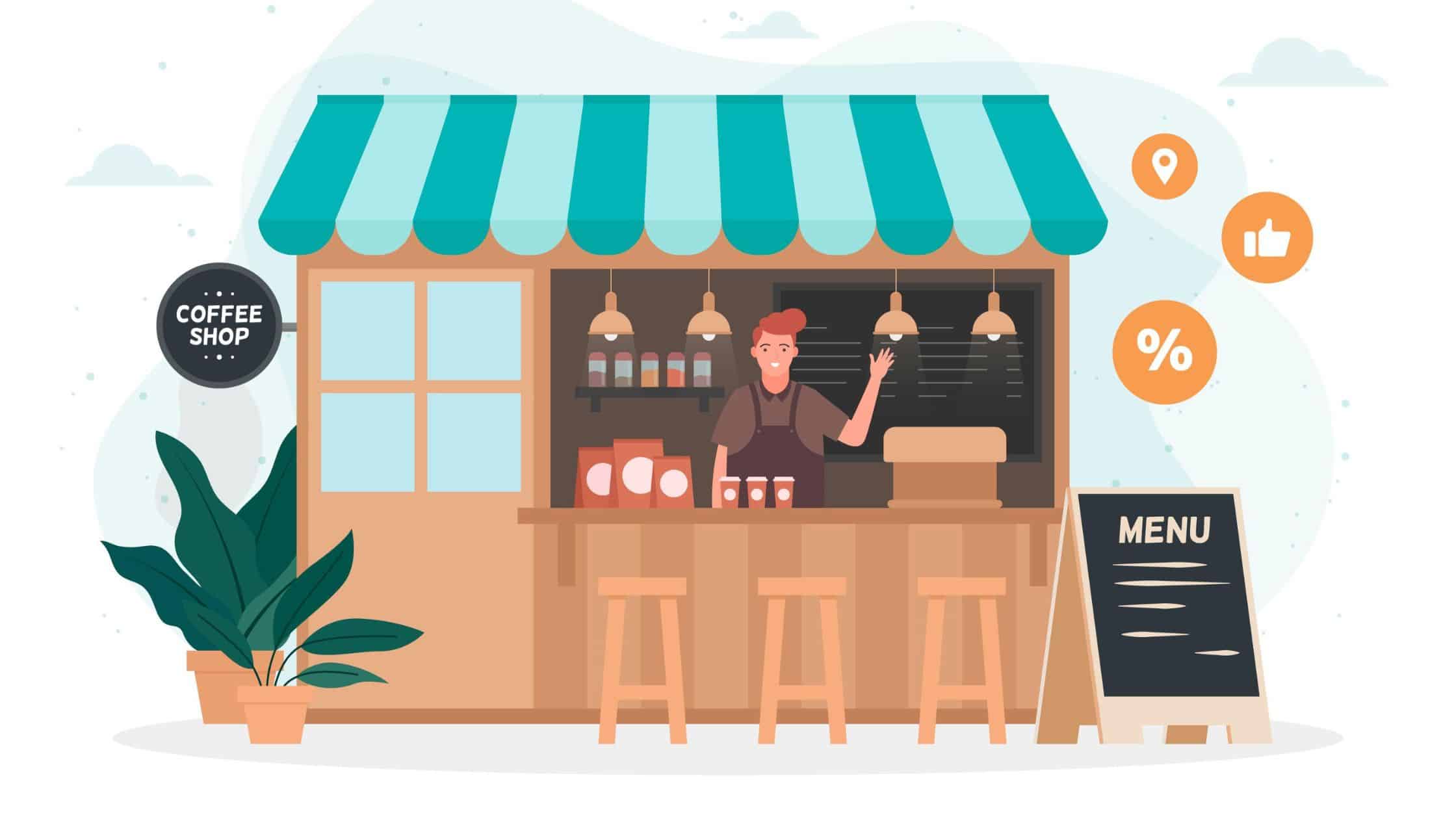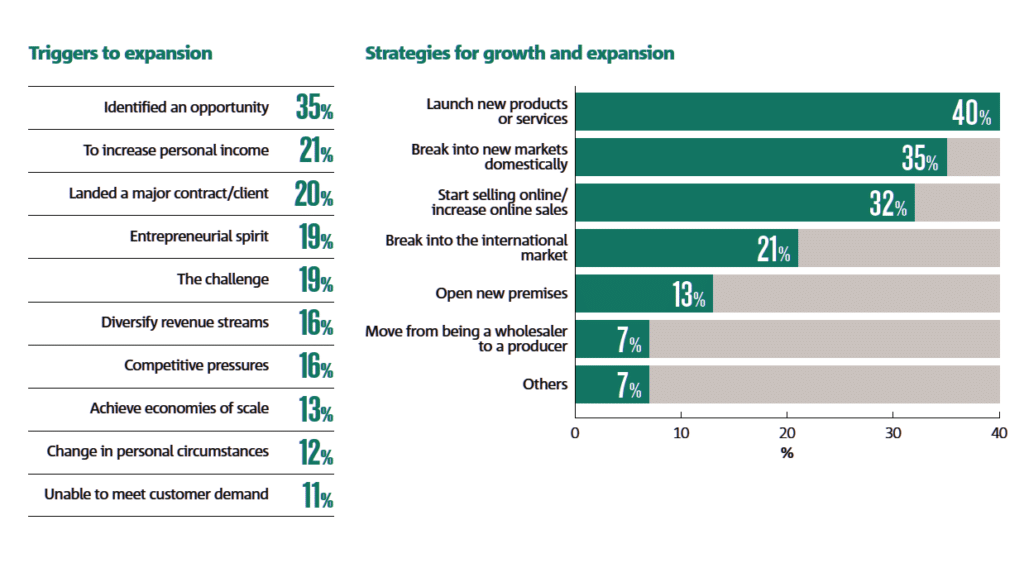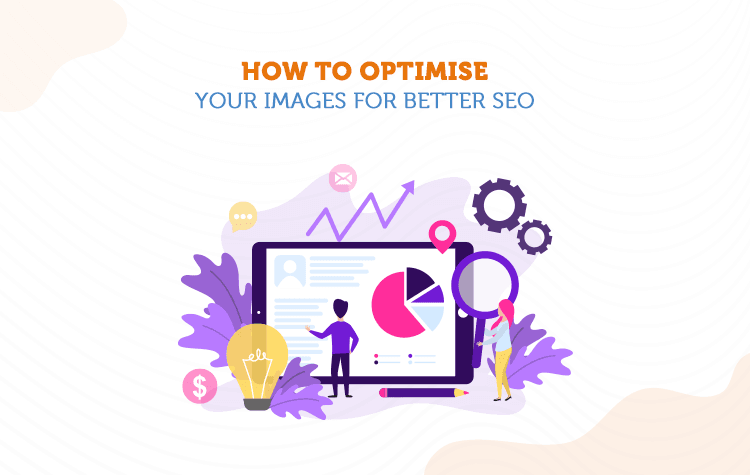Starting a small business in Sydney can be exciting. But it’s not always smooth sailing. Behind the success stories, many businesses quietly struggle with challenges they didn’t see coming.
Running a small business means balancing customer growth and cash flow every day. Sydney’s competitive market, high overheads, and rapidly changing tech landscape don’t make it easier.
If you’re a small business owner (or planning to become one), understanding these challenges early can save you a lot of money and stress.
In this guide, we’ll break down the top 10 obstacles small businesses in Sydney face in 2025 and how you can overcome them with the right approach and digital tools.
Why Do Small Businesses Fail in Sydney?
Sydney is full of opportunities, but these opportunities come with serious challenges.
About 60% of small businesses in Australia fail within their first three years, and 20% don’t survive past their first year. Sydney’s failure rate is slightly higher than the national average, reaching around 6.07% annually.
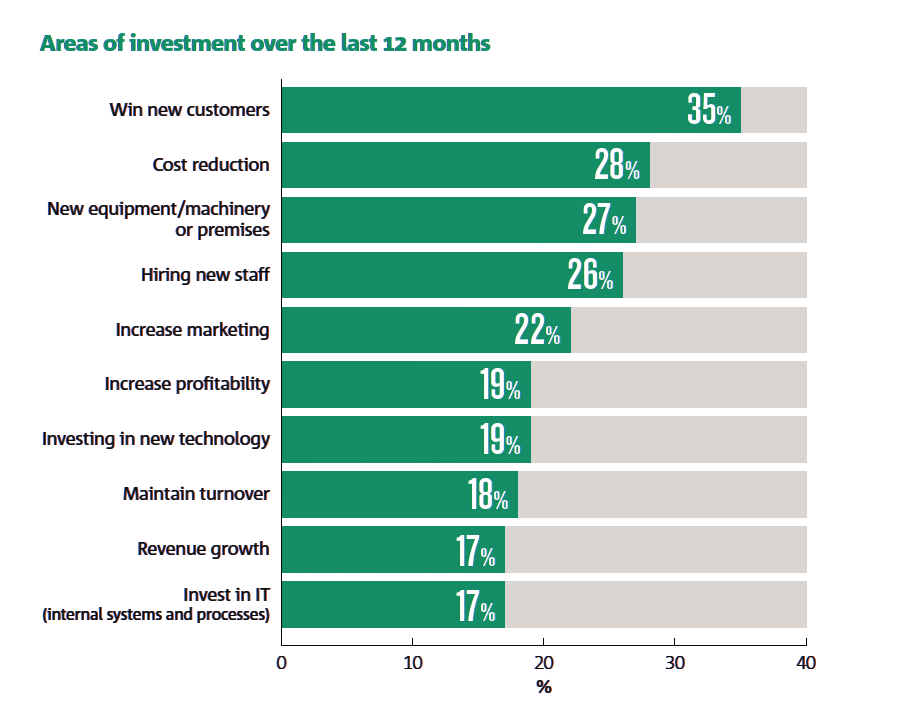
Many small businesses struggle not because of a bad idea, but because of common challenges that are left unmanaged. Roughly 32% of small business failures stem from poor cash flow, lack of budgeting, or not understanding the numbers. Add in weak marketing, unclear positioning, and failure to adapt to digital changes, and it’s easy to see how promising small businesses can stall.
Understanding these risks means you can spot trouble early and act smarter than most. This is why we have highlighted the top 10 challenges for small businesses in Sydney and how to tackle them head-on.
1. Finding New Customers
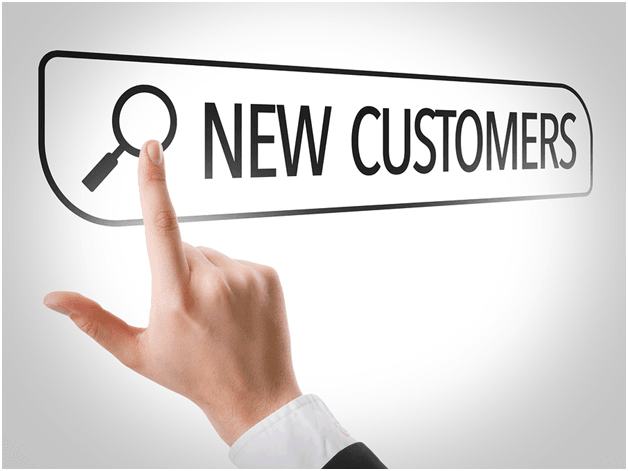
For most small businesses in Sydney, attracting new customers is a constant struggle. The market is saturated, competition is fierce, and attention spans are short.
In fact, 85% of small businesses say referrals or word-of-mouth are their primary source of new business. That means when referrals slow down, the business often lacks another reliable way to generate leads.
For businesses just starting out or trying to expand beyond their initial customers, this challenge can feel like hitting a wall. They may dabble in social media, try some local flyers, or boost a post here and there, but without consistency, these tactics rarely work long-term.
Without reliable demand, planning and hiring become guesswork.
2. Managing Cash Flow and Overheads
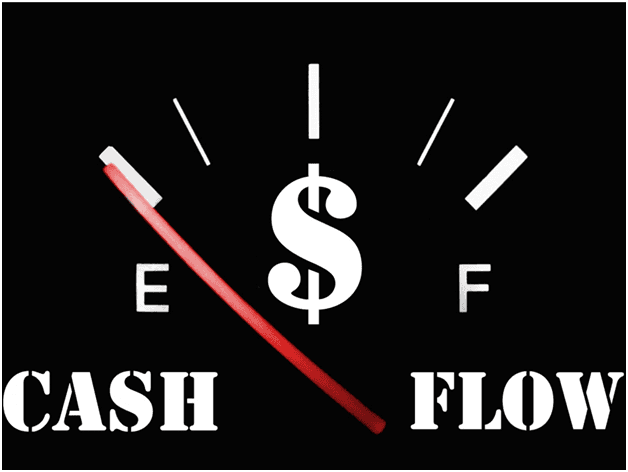
Cash flow issues are one of the biggest reasons small businesses in Australia shut down. You might have a strong pipeline of work or clients lined up, but if your income doesn’t arrive when your bills do, the pressure builds quickly.
According to ASIC, nearly 50% of small business failures in Australia are directly tied to poor cash flow management. It’s often not about a lack of sales. It’s more about the mismatch in timing between money coming in and money going out.
In Sydney, this challenge is even sharper. High rent, premium staffing costs, and the general cost of living can send overheads soaring.
3. Hiring and Keeping the Right Talent

For small businesses in Sydney, finding skilled and reliable people is harder than ever. You’re not just competing with other small players; you’re up against large companies that can offer higher salaries, career perks, and more job security.
Data from NAB shows that nearly 1 in 3 small businesses struggle to fill key roles. The talent shortage is observed in tech, trades, marketing, admin and even specialist industries.
The real issue is that small business owners don’t have time or budget for long hiring cycles. And when good staff leave, the business often takes a direct hit in productivity, service quality, and morale.
Retaining staff becomes just as tough as hiring them. Without clear growth paths, competitive pay, or flexibility, employees can quickly look elsewhere.
4. Getting Marketing Right
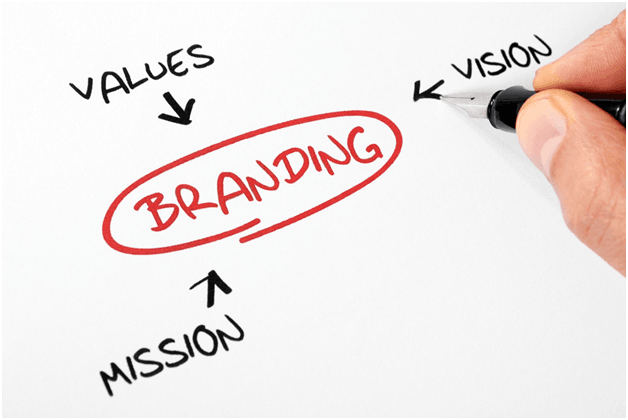
Marketing can feel like throwing money into the wind if you don’t know what works. Small businesses in Sydney often rely on word of mouth or social media, but without a clear strategy, leads dry up fast.
The cost of ads, content creation, SEO, and branding adds up. Yet, not doing enough means you stay invisible, especially when your competitors are investing in digital marketing.
According to Deloitte, 75% of small businesses that invest in digital marketing grow faster, but many don’t have the skills or confidence to make smart marketing choices. The goal isn’t bigger spend. It’s smarter spend.
5. Sustaining Consistent Business Growth
After the initial launch phase, many Sydney small businesses find themselves hitting a wall.
The first few months may bring traction and excitement, but keeping that growth steady is tough.
Data shows that around 40% of Australian small businesses plateau within five years, not due to lack of demand, but because they simply can’t keep up with the operational challenges that come with growth.
6. Time Management

Most small business owners feel permanently short on time.
You’re juggling clients, admin, team management, and marketing. All in a single day. There’s rarely time to step back, plan strategically, or even catch your breath.
When there’s no room to prioritise or delegate, growth slows down and stress builds up. Time becomes a bottleneck that keeps business owners stuck in reactive mode.
7. Building Online Presence
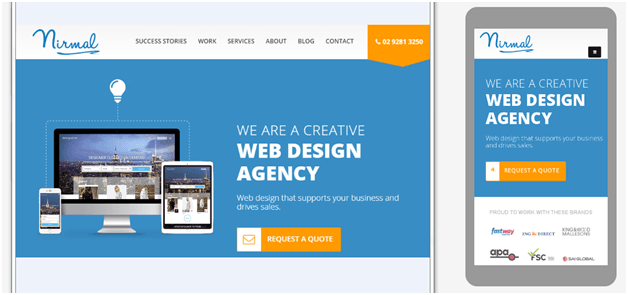
Having a strong online presence is how potential customers discover, judge, and connect with your business.
But many small business owners in Sydney still rely solely on word-of-mouth or outdated directory listings. Without a solid small business website, active social profiles, and local SEO, you’re invisible to most modern buyers. Being online isn’t enough. You need to be findable.
If your competitors show up on Google and you don’t, you’re losing business before the conversation even starts.
If you’re choosing a partner, read our guide to choosing the right web designer for a Melbourne small business.
8. Keeping Up with Technology

Staying up to date with technology is how you stay relevant to how your customers engage, shop, and interact with businesses like yours.
Many small businesses fall behind because they simply don’t have the time, budget, or technical know-how to adopt new tools. But avoiding tech upgrades can slow growth.
It’s not just internal tools either. The digital platforms your audience uses are constantly shifting. If your customers are spending time on TikTok, Instagram Reels, or YouTube Shorts, but your business isn’t visible there, you’re missing out on attention that could turn into revenue.
Materialising digital trends has become essential for staying ahead, not just keeping up.
9. Balancing Quality and Pricing

Pricing is a constant tightrope for small businesses. You want to deliver quality that earns loyalty, but you also can’t afford to price yourself out of the market.
Charge too little, and you’re stuck working for scraps. Charge too much, and customers might go elsewhere. Striking the right balance is especially tough when competitors undercut prices or when customers don’t understand the value of what you offer.
And in a city like Sydney, where competition is high and operating costs are even higher, this balancing act becomes even more critical.
10. Handling Regulations

For many small business owners, navigating rules and compliance feels like a full-time job. From council approvals to tax obligations, employment laws and privacy policies, the paperwork never ends.
It’s especially overwhelming for sole traders and lean teams with no legal or admin support. A missed deadline or misunderstanding can result in fines, delays, or reputational damage. And with regulations constantly evolving, staying compliant becomes an ongoing challenge.
Even small mistakes, like using the wrong award rates or forgetting licensing renewals, can cause serious issues. This is more than red tape. It is a real risk that eats into time, confidence, and money.
How to Overcome These Small Business Challenges
Most small business owners in Sydney face similar obstacles, like tight budgets, time pressure, and tough competition.
But with the right mindset and smart actions, many of these challenges can be managed before they become roadblocks.
Practical Steps to Stay on Track
- Use systems and tools: CRMs, accounting software, and task managers help you stay organised and save hours each week.
- Work with specialists early: An accountant or business consultant can spot risks before they cost you.
- Set aside time for strategy: Don’t just work in the business, work on it regularly.
- Create standard processes: Clear workflows improve consistency and help train new team members faster.
- Track key metrics: Keep an eye on revenue, costs, and leads to make faster decisions.
Leveraging Digital Assets
Your website and social presence are tools that attract and convert customers, even when you’re not working. The sooner you build these assets, the sooner you gain an edge over your competitors.
If you invest in the right platform, like WordPress or WooCommerce, you can future-proof your business and grow without redoing everything later.
Accessing Support from Local Councils
Local councils in Sydney often offer business grants, digital training, mentorship, and marketing support, but many business owners don’t take advantage.
Get on your council’s mailing list or visit their small business hub. You might find low-cost resources that take real pressure off your day-to-day operations.
Need a Website That Brings You Customers in Sydney?
At Nirmal Web Studio, we design small business websites that do more than look good. They drive real results.
Whether you’re struggling to get found online, convert traffic into leads, or sell products through eCommerce, we build WordPress and WooCommerce sites tailored to your goals. Our team creates websites that are fast, mobile-friendly, and easy to manage.
We also provide ongoing maintenance and support, so your site stays updated, secure, and running smoothly. With us, you’re getting a digital partner who understands small business challenges.
Let’s turn your site into your hardest-working asset. Contact us today!
